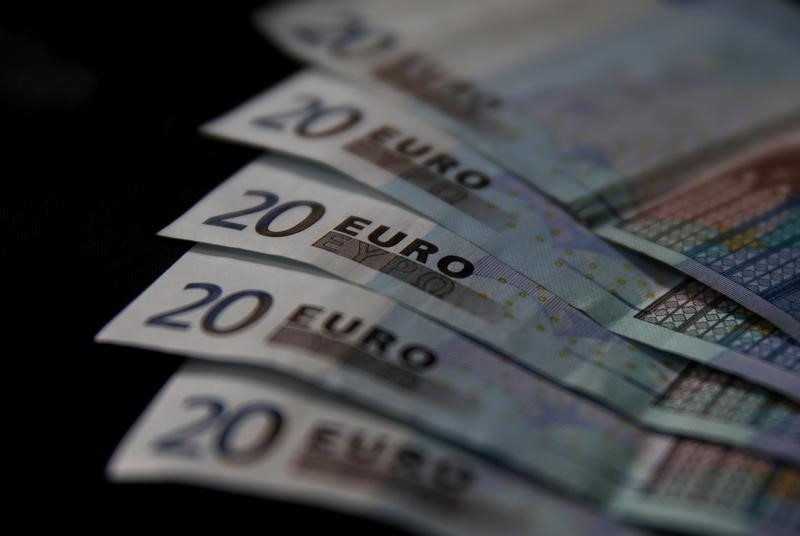Investing.com - The euro remained broadly weaker against the other major currencies on Monday, but losses were held in check as investors awaited further developments in the long running Greek debt crisis.
EUR/USD was last at 1.1042, off 0.60% for the day after falling to one-week lows of 1.0970 overnight.
The euro turned sharply lower in early trade after Greeks overwhelmingly rejected conditions for a bailout package from creditors in a referendum on Sunday, fueling doubts over the country’s future in the euro zone and escalating a standoff with its lenders.
Greek Prime Minister Alexis Tsipras said Athens was returning to bailout negotiations with the express goal of reopening banks, which have been shut for over a week after capital controls were imposed.
Without more emergency funding from the European Central Bank, Greece's banks are facing a cash crunch within days. The ECB was to discuss whether to maintain emergency funding for Greek banks at their current restricted level later Monday.
Greece was to present new proposals during a European Union summit on Tuesday, but a spokesman for German Chancellor Angela Merkel said Monday that Berlin sees no reason to immediately restart talks.
The euro found some support after outspoken Greek Finance Minister Yanis Varoufakis unexpectedly resigned on Monday, saying his decision to step down could help Greece reach an agreement with its creditors.
The single currency was lower against the yen and the pound, with EUR/JPY last at 135.83 after rebounding from earlier lows of 133.91. EUR/GBP was at 0.7105, up from lows of 0.7056.
The euro was also slightly firmer against the Swiss franc, with EUR/CHF at 1.0438 from around 1.0357 earlier.
The threat of intervention to weaken the franc by the Swiss National Bank helped to support the euro.
The dollar was steady against the safe haven yen, with USD/JPY at 122.75, holding above overnight lows of 121.89.
In the U.S., data on Monday showed that service sector output grew at a slightly slower pace than expected in June.
The Institute of Supply Management said its non-manufacturing purchasing manager's index ticked up to 56.0 last month from 55.7 in May, compared to forecasts for a reading of 56.2.
The U.S. dollar index, which measures the greenback’s strength against a trade-weighted basket of six major currencies, was last at 96.41, little changed for the day.
